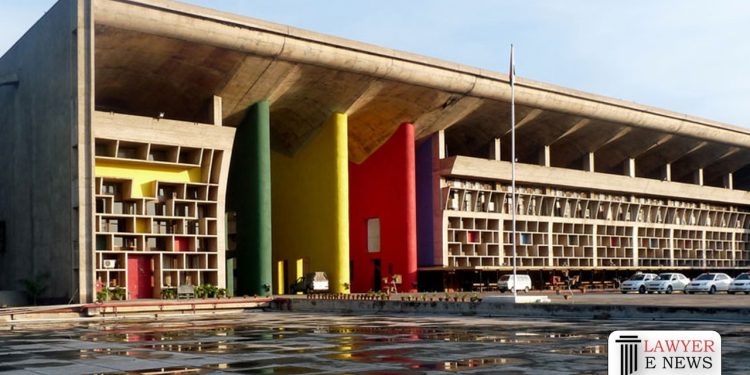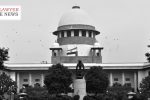Issue Of Res Judicata Determined From The Statements Made In The Plaint Not Materials Beyond The Plaint Itself – P&H HC

In a recent ruling, the Punjab and Haryana High Court has affirmed the rejection of a plaint based on the principle of res judicata. The judgement, delivered on August 4, 2023, by Justice Vikram Aggarwal, dealt with a civil revision petition challenging the dismissal of an application to reject a plaint under Order 7 Rule 11 CPC (Code of Civil Procedure). The judge reiterated that the issue of res judicata should be determined solely from the statements made in the plaint and should not involve consideration of materials beyond the plaint itself.
The case involved a suit for declaration of ownership and related claims. The plaintiffs claimed an oral partition among brothers in an earlier suit and subsequently filed a fresh suit seeking ownership declaration. The defendant moved an application under Order 7 Rule 11 CPC, seeking the rejection of the plaint on res judicata grounds, invoking a previous judgement on similar issues.
Justice Vikram Aggarwal, while examining the principles of rejecting plaints, emphasized, “Order 7 Rule 11(d) of CPC provides that the plaint shall be rejected ‘where the suit appears from the statement in the plaint to be barred by any law’. Hence, in order to decide whether the suit is barred by any law, it is the statement in the plaint which will have to be construed.” The judge reiterated that the issue of res judicata should be determined solely from the statements made in the plaint and should not involve consideration of materials beyond the plaint itself.
The Court further referenced a recent Supreme Court judgement, *Srihari Hanumandass Totala Vs. Hemant Vithal Kamat and others*, which articulated that the rule of res judicata does not strike at the root of the court’s jurisdiction but is based on the principle of estoppel by judgment to ensure finality in litigation. The judgement also highlighted that for invoking Order 7 Rule 11(d) CPC, no additional evidence can be taken into account beyond the statements in the plaint.
While upholding the rejection of the plaint, Justice Vikram Aggarwal granted liberty to the petitioner to raise the issue of maintainability before the trial court, emphasizing that the trial court should consider framing a preliminary issue regarding the plea of res judicata. The judgement is poised to have significant implications for cases where res judicata is cited as a ground for rejection of plaints, establishing a clearer framework for evaluating such matters.
Date of Decision: 04.08.2023
Ishwar vs Bhim Singh and others





